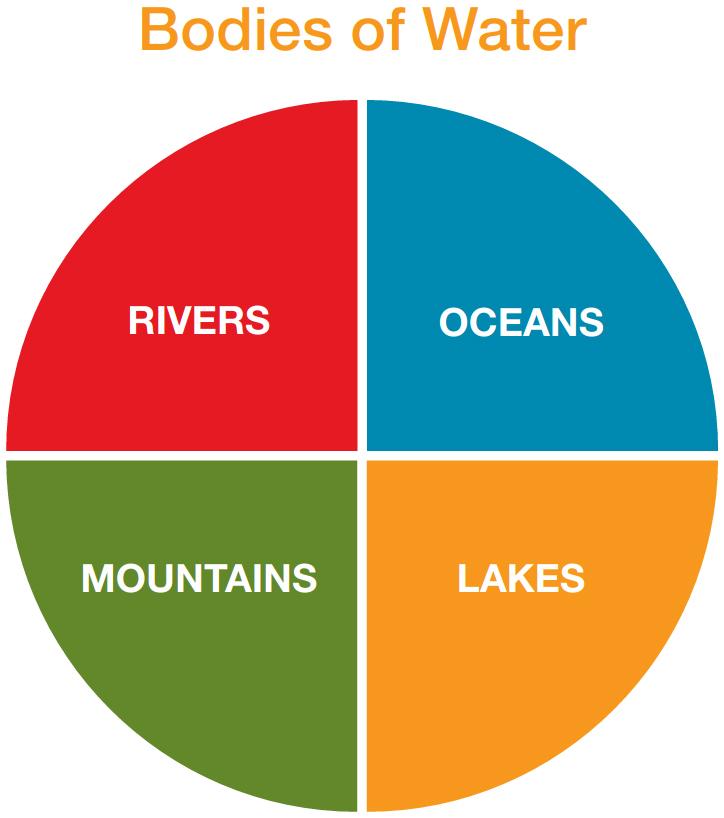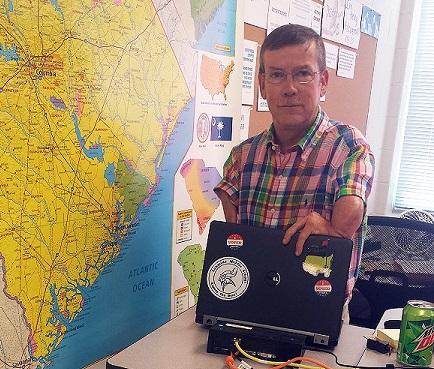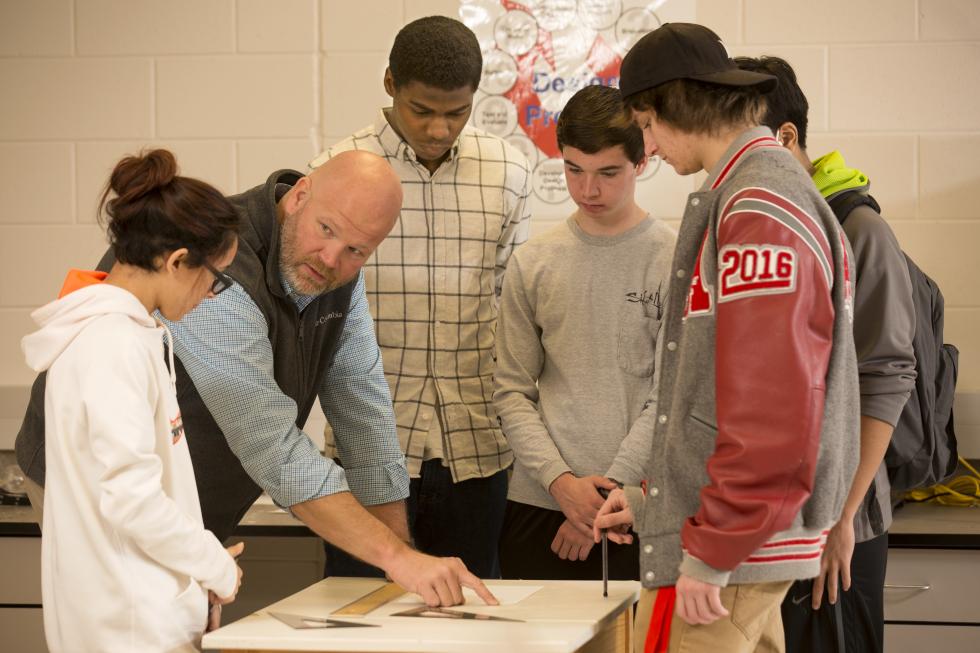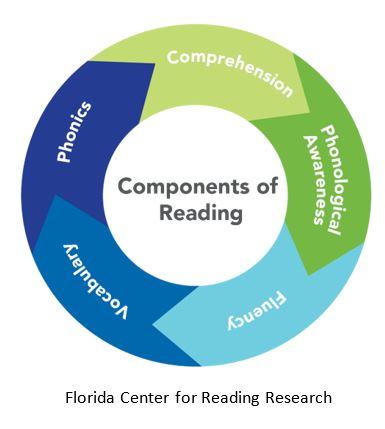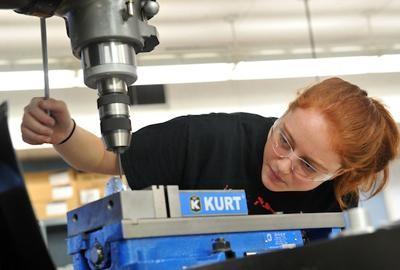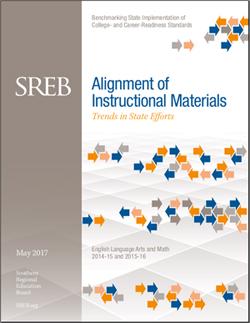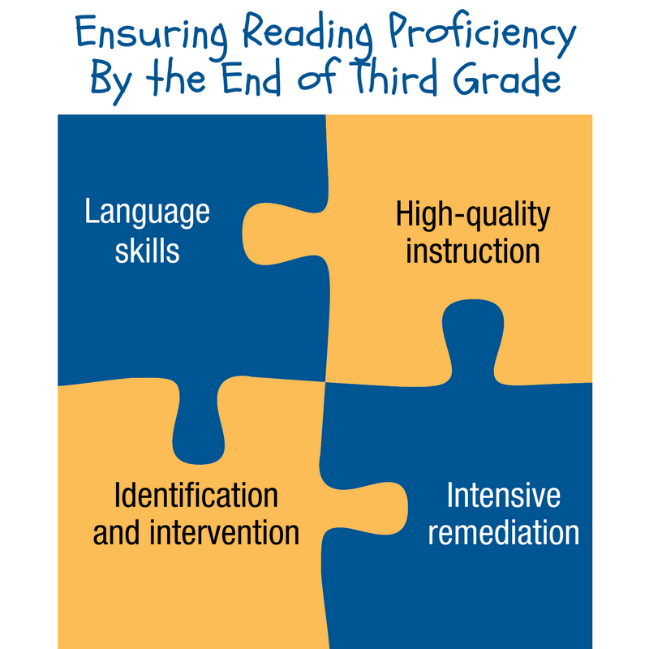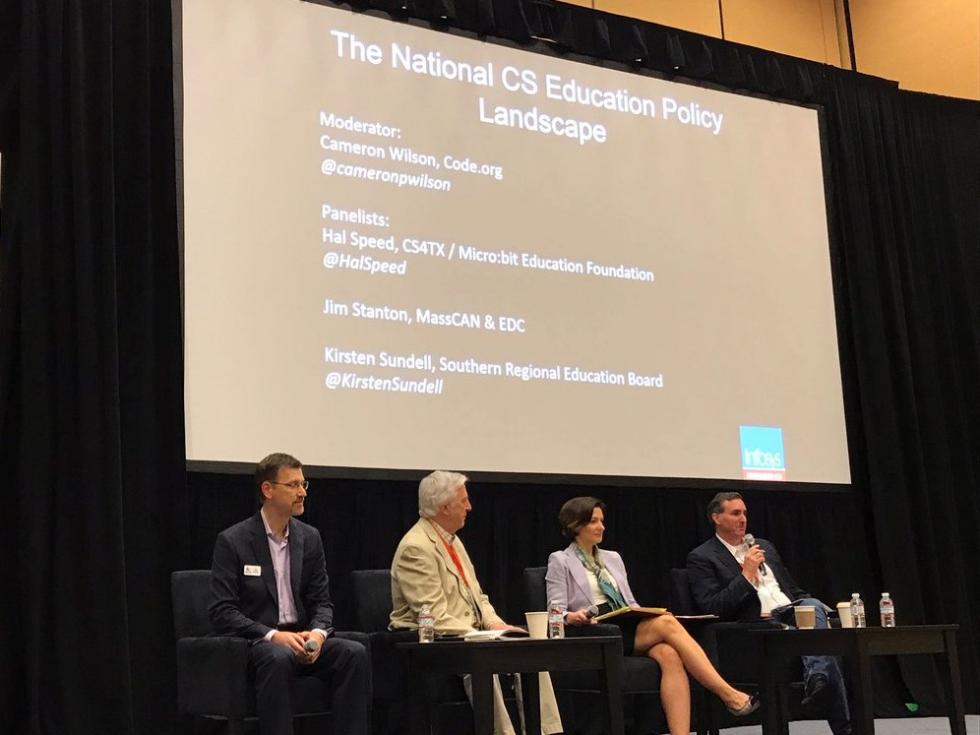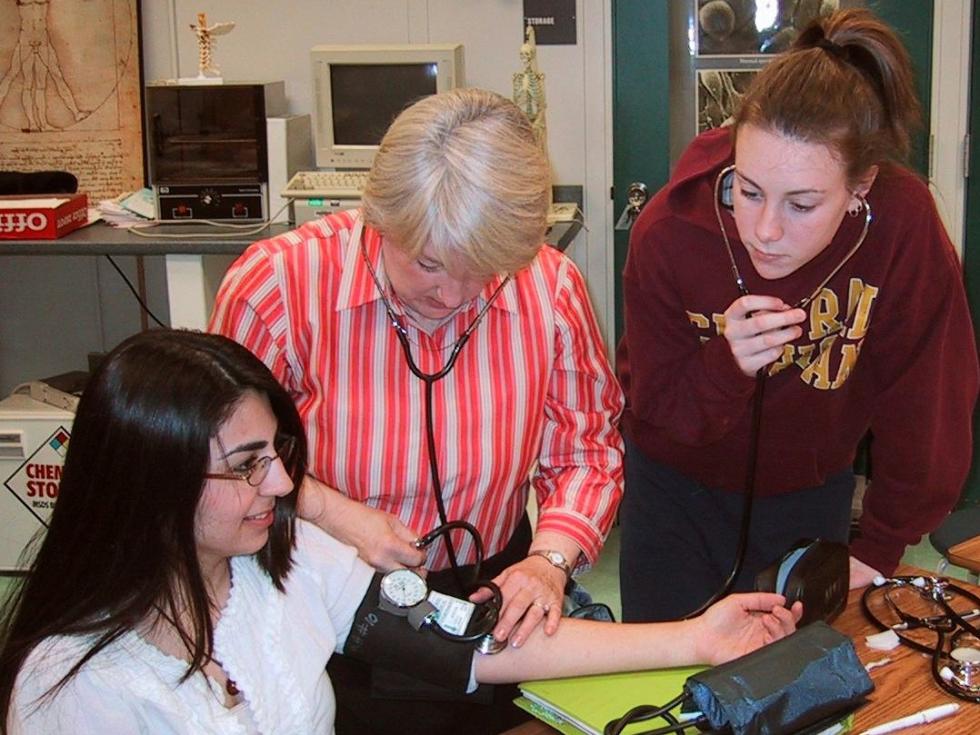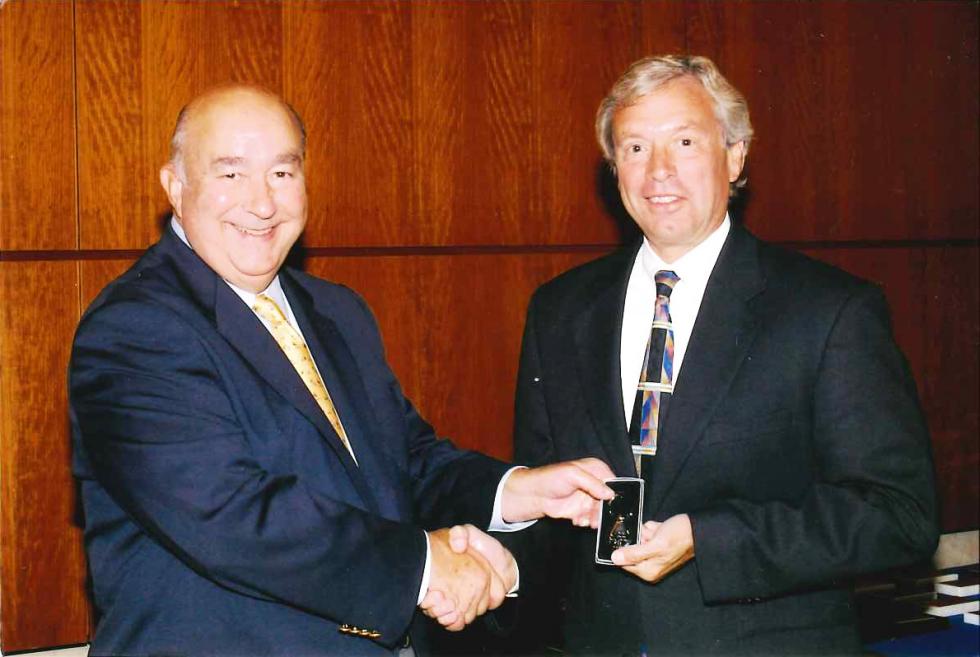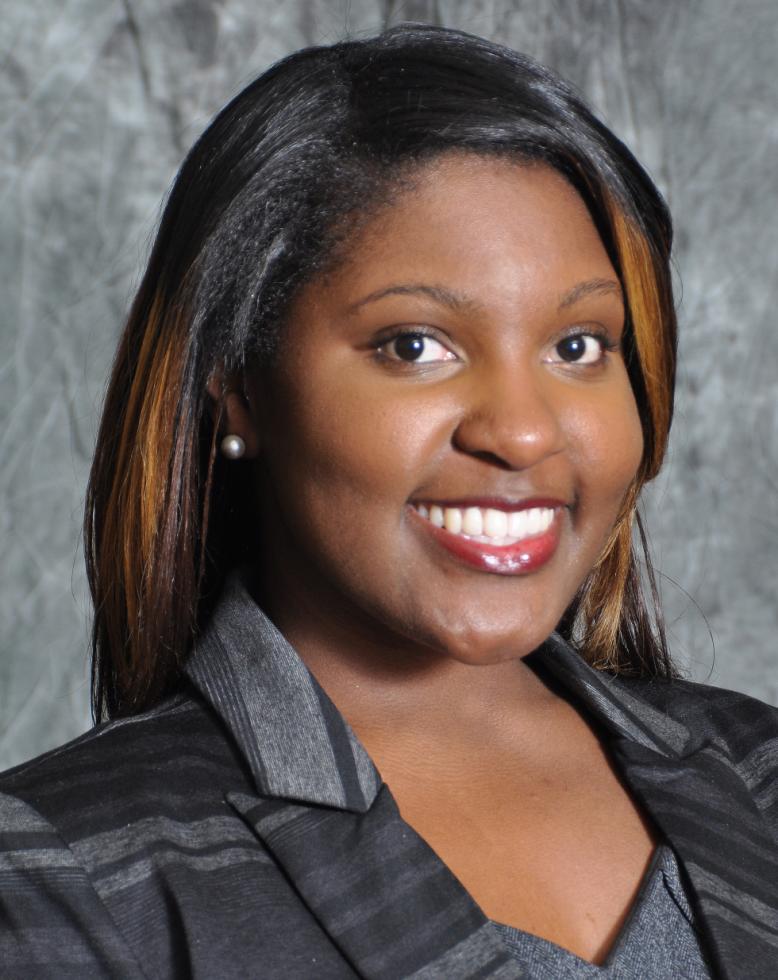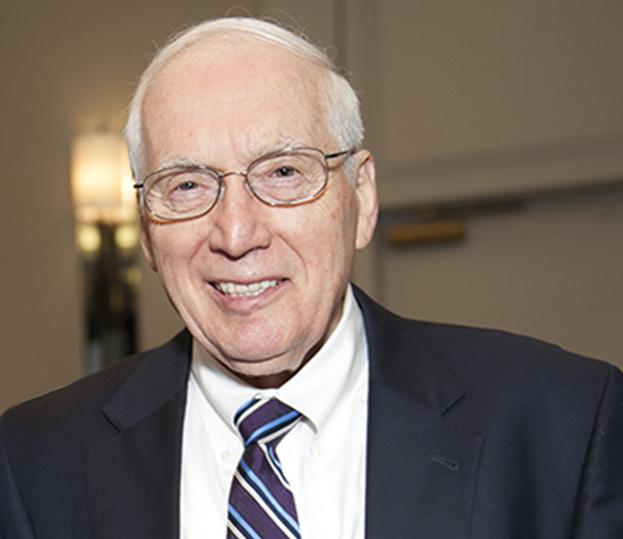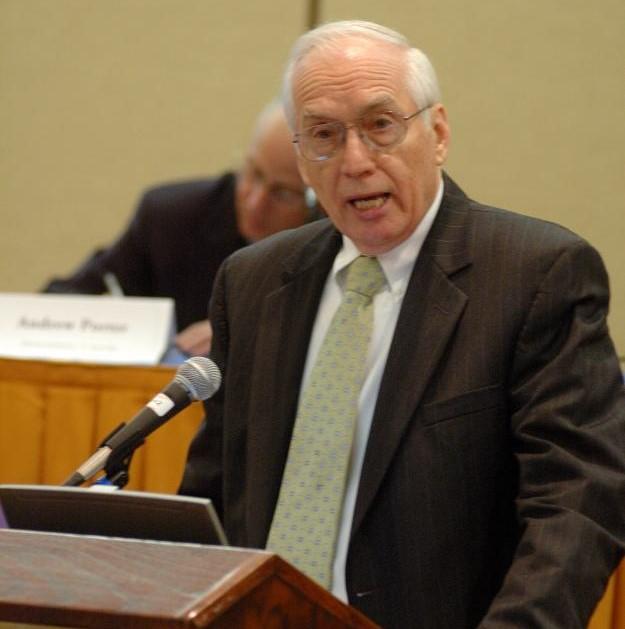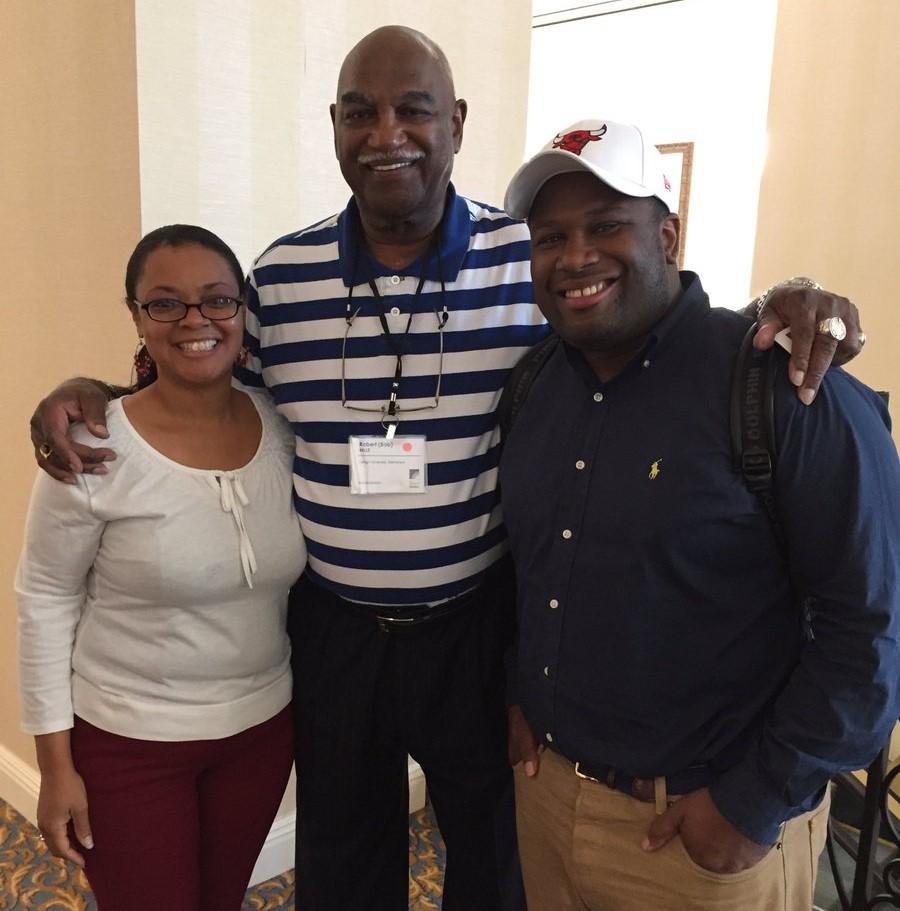Blog Main
Seven Literacy-Based Assignments for Social Studies Classrooms
Last year, while teaching at Lakeside Middle School in Anderson County, South Carolina, my colleague Keri Compton and I came up with seven strategies specifically for social studies teachers. These mini-tasks, based on our Literacy Design Collaborative (LDC) training, use hands-on activities to build confidence and help students reflect on their learning while they’re improving their reading and writing skills. Here they are:
People, Objects, Settings, Engagement and Relationships
Raise the Rigor
Strategies to Promote Reading Comprehension
As a middle grades social studies teacher in Florence School District 1 — an area of South Carolina along I-95 known as the “Corridor of Shame” for its poverty and low-performing students — I have a theory. I believe all students benefit from rigorous, literacy-based classroom instruction, and students from poverty benefit the most. The ability to read and understand complex texts is the best way to distinguish students who are college and career ready from those who are not.
Remember, rigor doesn’t mean hard. Rigor means challenge.
Math and Literacy Teaching Strategies Have Deep, Lasting Effect
Want to see where good teaching happens? Watch what students are doing in the classroom. Sounds obvious, maybe, but as SREB senior vice president Gene Bottoms says, “We observe teachers and what they’re doing all the time — but we miss a big piece of the puzzle if we don’t see what the kids are doing as a result.”
So SREB asked My Student Survey to see how our training in powerful literacy and math teaching tools is paying off in the classroom.
Are teachers prepared to teach reading?
Research shows a gap between what we know about reading and how teachers are prepared to teach it
Reading is the foundation for learning.
The research is clear: Students who are not reading proficiently by the end of third grade are much more likely to face poor academic outcomes. For this reason alone, we know it is incredibly important that children learn to read well early in elementary school and continue to build on those reading skills throughout the rest of school.
Black and Hispanic Students Make ACT Gains in Many SREB States
Black and Hispanic students in many SREB states made gains in ACT scores in the 2017 results. And test-taking rates continued to grow in several states.
Here at SREB, we anticipate the release of ACT scores each fall as an indicator of the progress states are making in student achievement and college readiness. This year, we see achievement gaps shrinking for black and Hispanic students — plus continued growth in test-taking in several states.
West Virginia: Leading-Edge Career-Tech Showcased in The New York Times
State's partnerships with SREB go far beyond adoption of Advanced Career Energy and Power pathway.
A recent article in The New York Times describes how West Virginia’s career and technical education programs are preparing students for degrees and careers in the state’s high-tech, high-demand industries. “Far from being strictly a job training program for teenagers, classes like Advanced Career Energy and Power require math and physics instruction as rigorous as in the College Board’s Advanced Placement track.”
Here are six ways the state partners with SREB in CTE and readiness.
Heavy Lift
Aligning Classroom Materials to State Standards
SREB report can serve as a guide as work continues
Big changes don’t happen overnight. And when states adopted higher education standards, it was only the first step in a long-term effort to improve schools so all students graduate high school with what they need to be ready for college and careers.
Next came the complex work of implementing the standards. Schools needed textbooks, curricula and lesson plans designed with the new standards in mind. Teachers needed training to shift their classroom strategies to help students meet the readiness standards.
Arkansas Schools Exceed Federal Broadband Connectivity Goals
Congratulations to the Arkansas Department of Education for its broadband connectivity accomplishments! Arkansas is now one of only six states in the nation that have met the federal target for high-speed broadband in every public school.
Reading in the Early Grades
How can we ensure reading proficiency by the end of third grade?
It’s no secret that reading skills are essential for success, both as a student and later in life. And educators know that reading proficiently by the end of third grade is crucial to students’ continued development. Up until third grade students learn to read; after that, they read to learn. It is paramount that students read proficiently by the end of third grade so they are prepared for later learning.
SREB States Lead the Way on Computer Science Education
Inside InfoSys Foundation's National Computer Science Education Convening
National convening attendees share best practices for increasing access to quality CS learning experiences
Last month I was privileged to participate in InfoSys Foundation’s CrossRoads 2017 convening on computer science and maker education in San Francisco. The convening’s attendee list included state and local government representatives, thought leaders, K-12 educators, postsecondary faculty and not-for-profit computing organizations from across the US — including many SREB states.
Kentucky Students Can Earn Degree Faster With New Nursing Career Pathway
Most if not all SREB states have a serious, unmet need for registered nurses with Bachelor of Science in Nursing degrees — the preferred credential of many health-care providers. Here’s how Kentucky health-care industry leaders and secondary and postsecondary health educators designed a new, 120-credit hour nursing career pathway in a state where the pathway from high school to the BSN could take up to 168 credit hours — 48 costly excess hours.
“He Always Said What Needed to Be Said…”
Chanell Turner, Publications and Programming Assistant for the Doctoral Scholars Program, talks with former SREB President Mark Musick as he remembers former SREB Vice Chair Charlie Reed’s impact on the Doctoral Scholars Program and his passion for education.
Out-of-state education at in-state tuition rates: A student’s experience with the Academic Common Market
Here’s a tricky scenario many rising college students face: The degree program they want to pursue is not available in their state, and out-of-state tuition is not affordable. Many are seeking postsecondary options with lower tuition.
SREB’s Academic Common Market helps students pursue out-of-state college degrees at in-state tuition rates from more than 1,900 undergrad and grad degree programs in 15 states. And SREB has been doing this for over 35 years.
20 Tips to Survive Graduate School
The Ph.D. journey is full of twists and turns that are easier to navigate with guidance from those who have already walked the path. We asked DSP scholars and Institute attendees to submit graduate school survival tips for those who are still on the journey.
Set goals and balance your time
1. Begin with the end in mind. Have a sense of where you want to be when you graduate and take steps to make sure you are properly prepared when you reach that goal.
Adult School Culture
"When a flower doesn't bloom, you fix the environment... not the flower."
I’d like to tell you a story. It’s an important one for all of us who care about public education. I used to teach elementary school. At the end of my first year of teaching, I wasn’t happy with the school where I worked. So, I decided to explore beginning my second year of teaching somewhere else.
Accelerating Postsecondary Attainment – in High School
Gene Bottoms explains why and how the new High Schools That Work model gives seniors a head start on a credential or degree.
Since the 1970s, the educational and economic landscapes of the United States have undergone seismic shifts along the fault line of postsecondary attainment.
Preparing Students for Tomorrow’s Challenges
Preparing students for good-paying, middle-class jobs in the 21st-century economy is going to take more innovation, creativity, steadfastness and hard work on the part of schools, principals, teachers, counselors and students. A new approach to education is needed to prepare students for new technology, rising workplace requirements and stiffer competition.
Readiness Courses Are Making a Difference
Students Increase ACT Scores Significantly
High school seniors who take SREB’s Literacy Ready and Math Ready courses can substantially increase their readiness for college. We analyzed ACT scores of students in two states – before and after they took the transitional courses. More than half increased their scores
Institute on Teaching and Mentoring Honors Faculty Mentors of the Year
Supporter, influential, advocate, shining light, invaluable – these are just a few of the words minority Ph.D. scholars used to describe the 2016 Faculty Mentors of the Year, recognized at the 23rd Annual Institute on Teaching and Mentoring, the largest gathering of minority doctoral scholars in the country.
In Alabama, High School to College Collaboration on Readiness
Community Colleges Partner with K-12 Schools to Get Ready
Kudos to the Alabama Department of Education and the Alabama Community College System for working together to increase student readiness among the state’s high school graduates.
Alabama is piloting the two SREB Readiness Courses to increase high school seniors’ preparedness for postsecondary studies, and the Alabama Community College System has endorsed the K-12 efforts.


